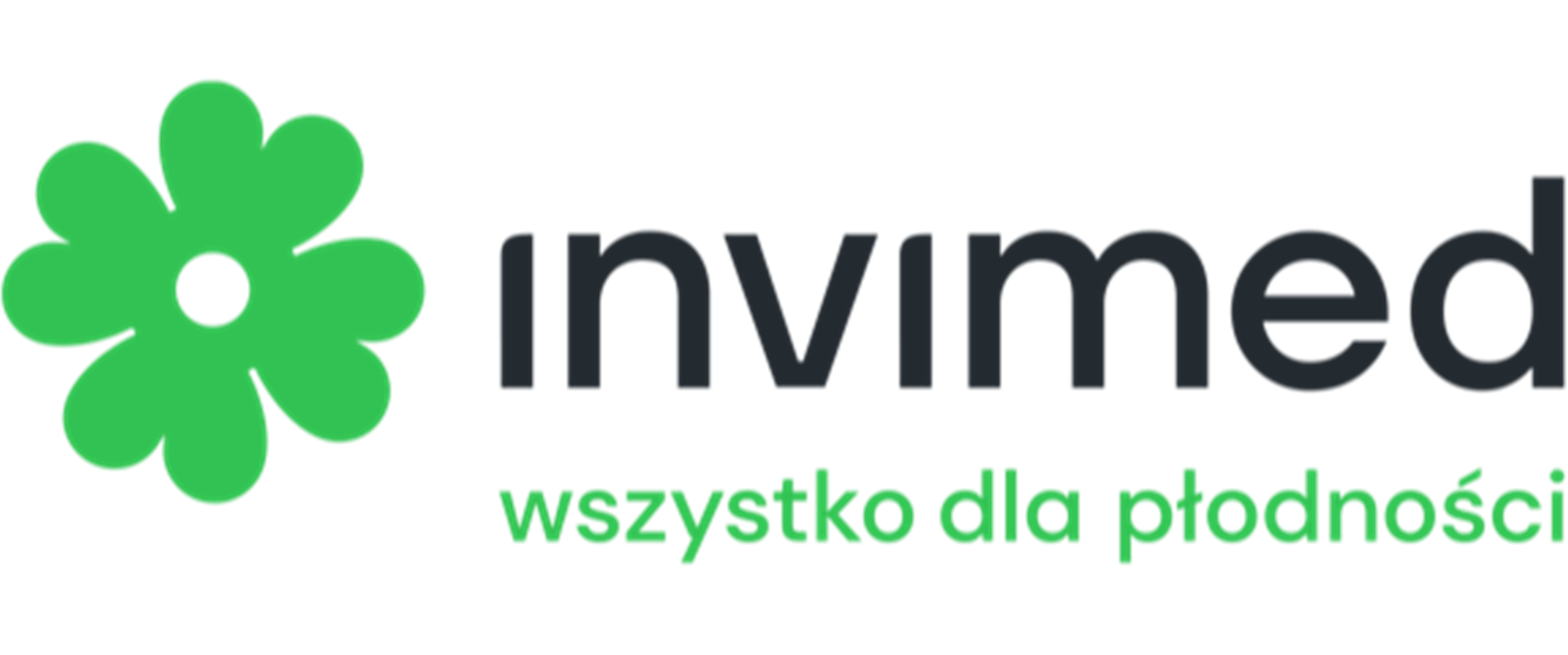5 Important Factors When Choosing an IVF Egg Donation Programme

Egg donation is a well-established practice offered worldwide. Every year thousanda treatments take place and this number is increasing as it becomes more accepted.
IVF using donor eggs gives many women the chance to become mothers who can’t do so using their own egg cells. It can help women in many situations, including those who have experienced premature menopause, have diminished ovarian reserve or have had certain surgical procedures and cancer treatment. Egg donation may also be a solution after multiple unsuccessful IVF attempts or when the baby may inherit a genetic disorder from the mother.
However, choosing an egg donation programme is not always simple. What things should you be aware of when deciding? Here are 5 factors that directly affect the safety and success of the treatment you may receive.
Who are the egg donors? How were they chosen?
By asking these questions you can find out if the donors are fertile and healthy.
The egg donor should be between 21-35 years old and have had tests to prove their fertility. It is even better if a donor has had a child already. Clinics should also reveal the blood group and Rh factor of the donor to better match the donor with you and ensure compatibility.
Clinics should also carefully screen donors for various illnesses, including sexually transmitted diseases. This guarantees your safety as well as your possible child’s. Clinics typically screen for viruses and genetic disorders to provide further protection.
What tests should I undergo?
You should find out what test the clinic expects you to undergo. This should include all the routine medical evaluations for women expecting to get pregnant, but a clinic may specify additional tests. Routine tests include:
- a uterine cavity assessment,
- blood group and Rh factor test (to match you with your donor),
- screening for various pathogens and disorders, including sexually transmitted diseases. These tests are similar to tests for donors.
If you are over 45 years old, you should also have a thorough medical evaluation (including cardiovascular testing) and a high-risk obstetric consultation.
What non-medical support is there?
The decision to use donor eggs is complex. You and perhaps your partner may benefit from psychological counselling to help in this decision. You can discuss the potential impact of the relationship between the donor and you as well as any plans relating to disclosure and future contact. This can be relevant even if the donor is anonymous.
Do you keep complete donor medical records?
Records of how each donor was selected and evaluated should be maintained permanently. This information is a valuable medical resource.
What legal issues are there?
There are a number of legal issues connected to egg donation. This is relevant for both recipient and eggs donors. Local laws will affect how your personal data is handled as well as if donor anonymity is protected. It may also cover issues like informed consent – are donors properly advised about the risks involved in the procedures for ovarian stimulation and oocyte retrieval. Even if not specified by local laws, it is worth asking if a clinic ensures this.
One of the easiest ways to evaluate a programme is asking if it meets (or exceeds) the international guidelines set by ESHRE (The European Society of Human Reproduction and Embryology)and ASRM (The American Society for Reproductive Medicine). These guidelines cover a range of issues, including some of those mentioned, which help to protect both donors and those who want to take advantage of IVF.
